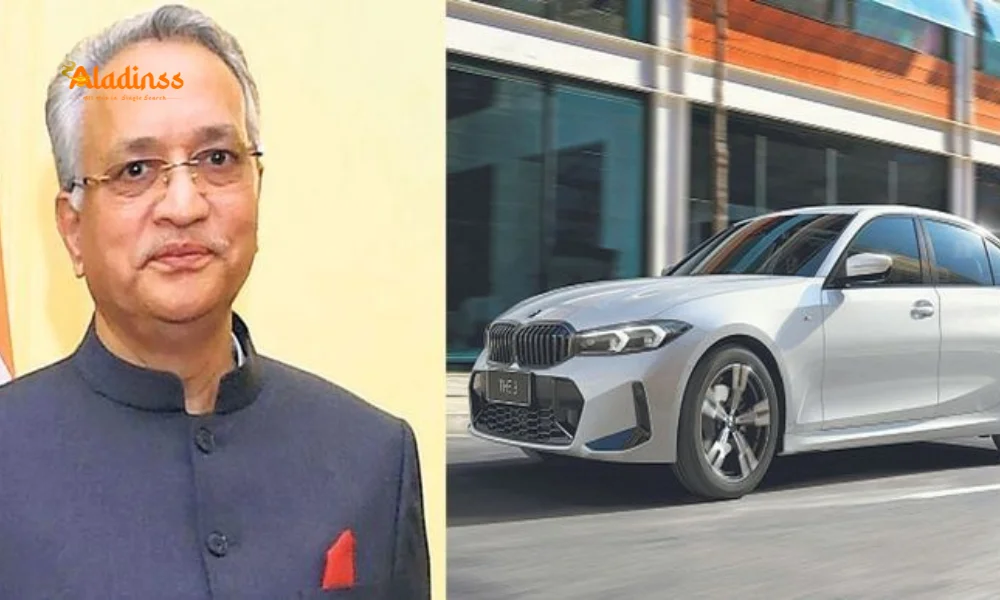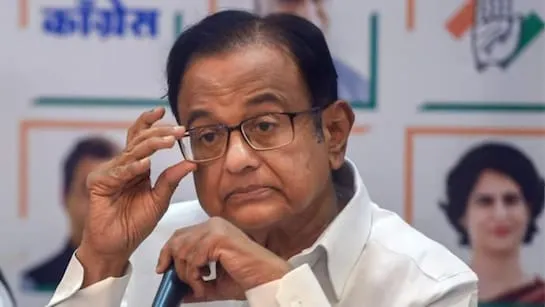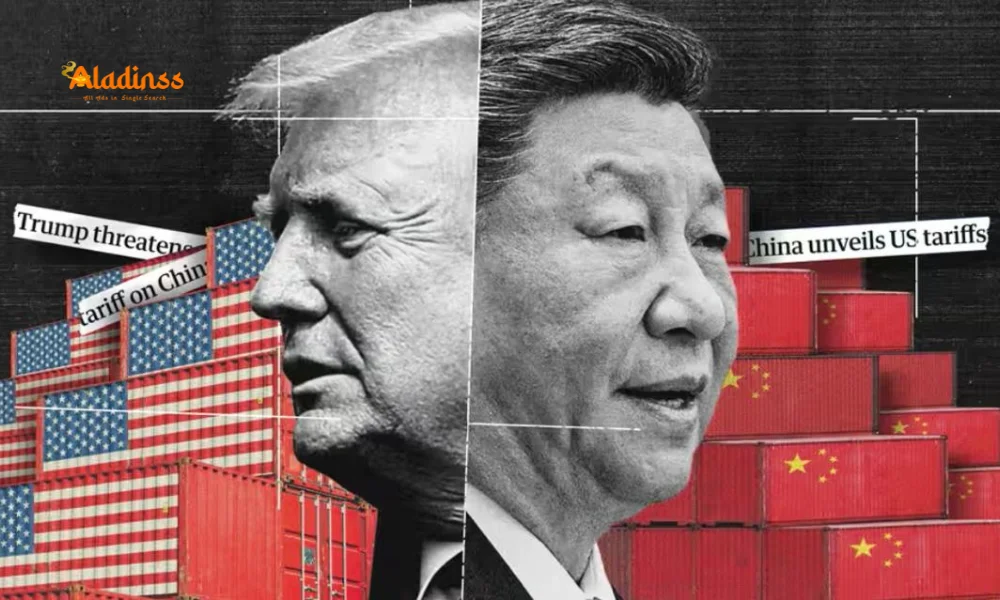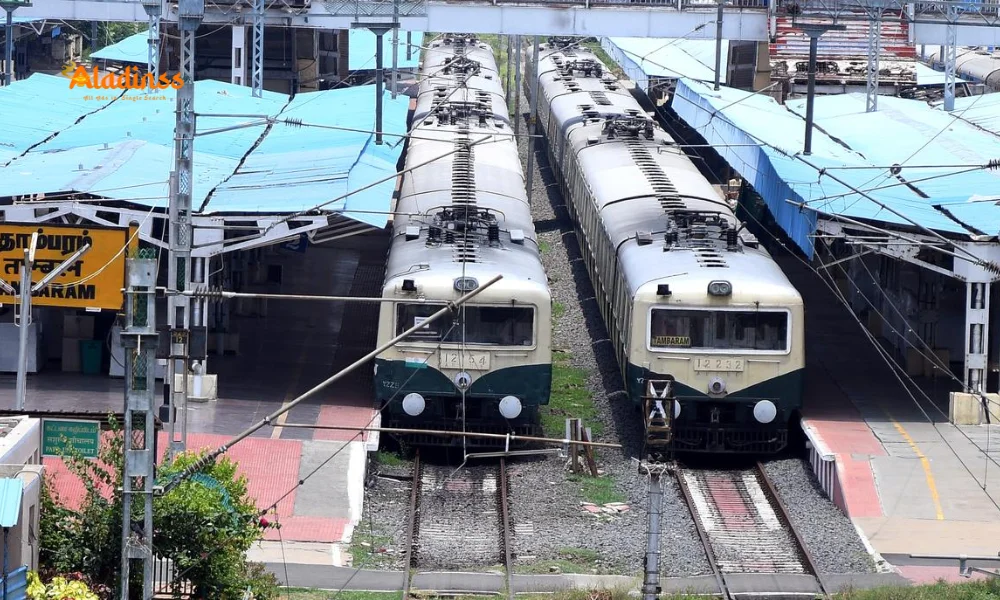Lokpal’s Lavish BMW Purchase Sparks Public Outrage Kiran Bedi Slams Move

Lokpal’s BMW Purchase Sparks Outrage: Kiran Bedi Slams Move
The Lokpal BMW controversy has ignited public debate as India’s anti-corruption watchdog plans to allocate over 10% of its 2025-26 budget to purchase seven high-end BMW cars, costing nearly Rs 5 crore. With a total budget of Rs 44.32 crore, the decision to spend Rs 4.9 crore on luxury vehicles has drawn sharp criticism, notably from former IPS officer Kiran Bedi, who called it a “truly avoidable decision” that contradicts the Lokpal’s ethos of integrity and diligence.
The Lokpal, established to combat corruption, issued a tender on October 16, 2025, to acquire seven BMW 3 Series 330 Li (Sport model Long Wheelbase) cars, each priced at approximately Rs 70 lakh. This move marks a significant departure from previous years, as the Lokpal’s 2023-24 budget allocated Rs 12 lakh for motor vehicles but recorded zero expenditure. The decision to opt for foreign luxury cars has sparked questions about the institution’s alignment with Prime Minister Narendra Modi’s Swadeshi mission.

Kiran Bedi’s Sharp Critique
Kiran Bedi, a key figure in the 2013 Jan Lokpal movement alongside Anna Hazare, has vehemently opposed the Lokpal’s decision to procure BMWs. Labeling it as extravagant, Bedi argued that the Lokpal was created to uphold integrity, not to indulge in luxury. “When the Prime Minister is emphasizing Swadeshi, why is Lokpal buying foreign cars?” she questioned, urging the institution to opt for Indian-made vehicles, particularly electric ones, to align with national priorities.
Bedi’s criticism extends beyond the purchase itself. She expressed disappointment in the Lokpal’s overall performance, stating that it has failed to deliver on its mandate to combat corruption effectively. “The Lokpal was born out of a spirit of honesty and diligence, not extravagance,” she remarked, highlighting a perceived disconnect between the institution’s founding principles and its current actions. Her comments have resonated with many who see the BMW purchase as a misstep for an organization meant to symbolize transparency.
Lokpal’s Budget and Past Expenditure
The Lokpal’s budget for 2025-26, set at Rs 44.32 crore, includes a significant allocation for the purchase of seven BMWs, which would consume over 10% of its funds. This is a stark contrast to previous years, where vehicle-related expenditures were minimal or nonexistent. For instance, in 2023-24, the Lokpal budgeted Rs 12 lakh for motor vehicles but spent nothing, as per official records. The sudden shift to acquiring luxury foreign cars has raised eyebrows, especially given the institution’s limited financial resources.
The tender specifies the BMW 3 Series 330 Li, a premium long-wheelbase model known for its luxury features. Critics argue that this choice not only contradicts the Swadeshi mission but also diverts funds from critical anti-corruption initiatives. The decision has sparked a broader debate about the appropriate use of public funds by institutions tasked with upholding public trust.
Swadeshi vs. Extravagance: A National Debate
The Lokpal’s decision to opt for foreign luxury cars has ignited a broader discussion about the Swadeshi movement, championed by Prime Minister Modi to promote Indian-made products. Bedi’s call for the Lokpal to choose Swadeshi electric vehicles aligns with the government’s push for self-reliance and sustainable development. Indian automakers like Tata Motors and Mahindra offer competitive electric vehicle options that could meet the Lokpal’s needs without compromising its commitment to public accountability.
The controversy also highlights the growing scrutiny of public institutions’ spending habits. The Lokpal, established under the Lokpal and Lokayuktas Act, 2013, was envisioned as a beacon of transparency and anti-corruption reform. However, the decision to prioritize luxury vehicles over operational efficiency has led many to question whether the institution is living up to its mandate. Public sentiment, amplified by voices like Bedi’s, demands that the Lokpal reconsider its approach to align with national priorities.
The Lokpal’s Mandate and Public Expectations
The Lokpal was created to investigate allegations of corruption against public officials, a mission born out of widespread public demand during the 2011-2013 anti-corruption movement led by Anna Hazare and supported by figures like Kiran Bedi. The institution was intended to embody integrity and accountability, serving as a watchdog to ensure ethical governance. However, the Lokpal BMW controversy has cast a shadow over its credibility, with critics arguing that luxury spending undermines its core purpose.
Bedi’s remarks underscore the public’s expectations for the Lokpal to lead by example. The decision to purchase BMWs, especially when Indian alternatives are available, has been perceived as a betrayal of the institution’s founding principles. As public outrage grows, there is increasing pressure on the Lokpal to justify its expenditure and demonstrate its commitment to combating corruption effectively.
Potential Alternatives and Solutions
In response to the controversy, suggestions have emerged for the Lokpal to reconsider its vehicle procurement strategy. Opting for Indian-made electric vehicles, such as those produced by Tata or Mahindra, could align with the government’s Swadeshi mission and its push for sustainable mobility. Electric vehicles would also reduce the Lokpal’s carbon footprint, reinforcing its role as a responsible public institution.
Additionally, redirecting the funds allocated for luxury cars toward anti-corruption initiatives could enhance the Lokpal’s operational capacity. Investments in technology, training, and public outreach could strengthen its ability to investigate and address corruption complaints, restoring public confidence in its mission. The controversy presents an opportunity for the Lokpal to reassess its priorities and align its actions with public expectations.
Looking Ahead: Restoring Trust
The Lokpal BMW controversy has brought to light critical questions about the institution’s priorities and its alignment with national values. As public scrutiny intensifies, the Lokpal faces a pivotal moment to demonstrate its commitment to transparency and accountability. By reconsidering its decision to purchase luxury foreign cars and embracing Swadeshi alternatives, the institution could rebuild trust and reaffirm its role as a champion of anti-corruption reform.
The controversy also underscores the broader challenges facing India’s anti-corruption framework. As the Lokpal navigates this public relations crisis, its response will shape perceptions of its effectiveness and integrity. With voices like Kiran Bedi calling for accountability, the Lokpal must act decisively to restore faith in its mission and align with the principles of diligence and honesty that defined its creation.
Comment / Reply From
No comments yet. Be the first to comment!











